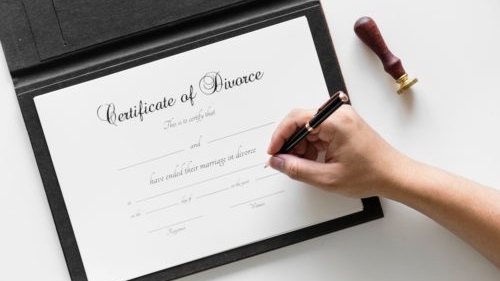What Should I Expect When Going to Court for an Alabama Divorce?
When a divorce happens, it can be an overwhelming time in a person’s life. It can cause a sense of uncertainty when it is time to go to court, which is why it is important to be prepared and know what to expect. Continue reading to learn more and retain the services of an experienced Alabama divorce attorney for assistance during this time.
What Can I Do to Prepare For Court?
In addition to meeting an attorney, there are other ways to prepare yourself for court. This can include reviewing your deposition testimony, affidavits, and information provided in your discovery. During the trial, you may be asked questions based on these documents, which is why it is important to know the information in and out so that you know what answers to give.
What are Tips to Provide a Strong Testimony?
Testifying in front of a courtroom can be frightening. That is why it can benefit you to prepare yourself by keeping the following tips in mind:
- Always tell the truth.
- Listen carefully to the entire question before thinking of your answer
- Slow down and take your time with your answers so that you can be properly heard
- Be sure to say so if you do not understand the question or do not know an answer
- If the question calls for a “yes” or “no,” be sure to respond simply with either or
- Do not argue with the judge or lawyers
- Take your time and be sure to give a thoughtful response
- Do not speak if an objection is made by one of the lawyers
What Happens on the Day of Trial?
Every trial is different from the one before it. However, there are steps that occur in the majority of divorce trials. This can include:
- Attorneys meet with the judge in chambers to discuss procedural issues. This can include the number of witnesses, how long the case will take to present, and when breaks can be taken.
- Attorneys give opening statements.
- The plaintiff’s attorney calls their witness to testify. The defendant’s attorney may cross-examine. Re-examination may occur as well.
- The defendant’s attorney calls their witnesses to testify. The plaintiff’s attorney may cross-examine. Re-examination may occur as well.
- The plaintiff’s attorney calls any rebuttal witnesses.
- Closing arguments are made.
When is a Decision Made?
It is unlikely for a judge to make a decision on the day of trial. Afterward, the judge may want to take time to consider the information. This can include reviewing exhibits, reviewing the law, performing calculations, reviewing their notes, and more. A ruling may not be made for days, weeks, or months.
Contact our Firm
Stone Crosby, P.C. has proudly served clients in Alabama for over 100 years. Our firm has experience handling matters including divorce and family law, estate planning and administration, business law, employment law, class actions, consumer protection, business law, real estate law, among many others. If you require quality legal representation, contact our firm today to schedule a consultation.




